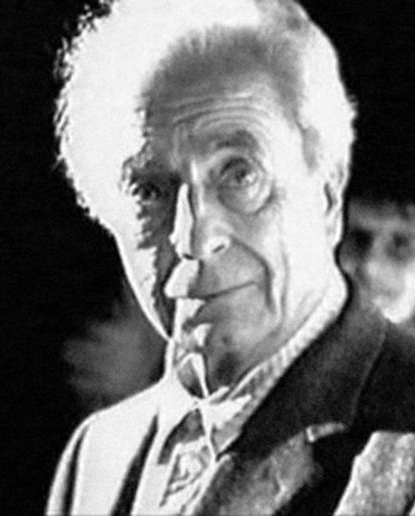Cahiers du Cinema (1960)
Contexte: The moment always comes when, having collected one's ideas, certain images, an intuition of a certain kind of development — whether psychological or material — one must pass on to the actual realization. In the cinema, as in the other arts, this is the most delicate moment — the moment when the poet or writer makes his first mark on the page, the painter on his canvas, when the director arranges his characters in their setting, makes them speak and move, establishes, through the compositions of his various images, a reciprocal relationship between persons and things, between rhythm of the dialogue and that of the whole sequence, makes the movement of the camera fit in with the psychological situation. But the most crucial moment of all comes when the director gathers from all the people and from everything around him every possible suggestion, in order that his work may acquire a more spontaneous cast, may become more personal and, we might even say — in the broadest sense — more autobiographical.
